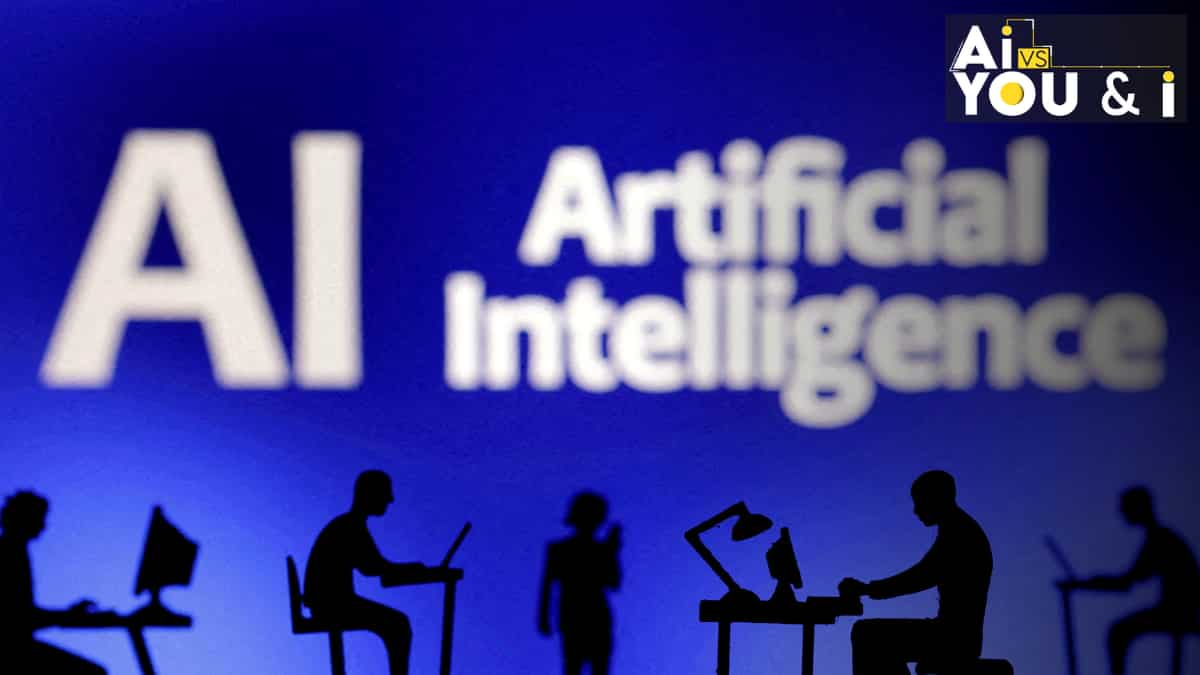Global Resolution on Artificial Intelligence
During a recent session, the United Nations General Assembly (UNGA) unanimously passed a groundbreaking resolution on artificial intelligence (AI). This resolution, the first of its kind on a global scale, is a significant step towards regulating AI technologies to ensure personal data protection, risk monitoring, and the preservation of human rights.
Key Points of the Resolution
- The resolution was proposed by the United States and co-sponsored by China and 121 other nations.
- It emphasizes the importance of strengthening privacy policies and ensuring ethical AI development.
- Officials highlighted the need to navigate the challenges posed by rapidly evolving technology while upholding core values.
- Analysts have expressed concerns about the potential misuse of AI, including threats to democratic processes and job security.
The resolution addresses the risks associated with the improper design, development, deployment, and use of AI systems. It aims to prevent any actions that could undermine human rights and fundamental freedoms.
Global Collaboration and Challenges
Despite facing resistance and engaging in intense discussions, negotiators worked towards achieving a consensus among nations with diverse perspectives. The resolution signifies a collaborative effort to strike a balance between technological advancement and the protection of human rights.
European Parliament’s AI Regulation
In a separate development, the European Parliament recently passed a set of regulations to govern AI technologies. This milestone legislation establishes a comprehensive framework for overseeing AI applications and addressing concerns about potential risks to individuals.
Key Features of the Regulation
- The rules were finalized in negotiations with member states and subsequently approved by MEPs.
- The European Council is expected to formally endorse the law, leading to its full implementation within 24 months.
- The regulatory framework aims to mitigate the risks associated with AI while promoting innovation and safeguarding human welfare.
These recent developments underscore the global commitment to regulating AI technologies responsibly and ensuring that they serve the common good while upholding ethical standards and human rights.
















































